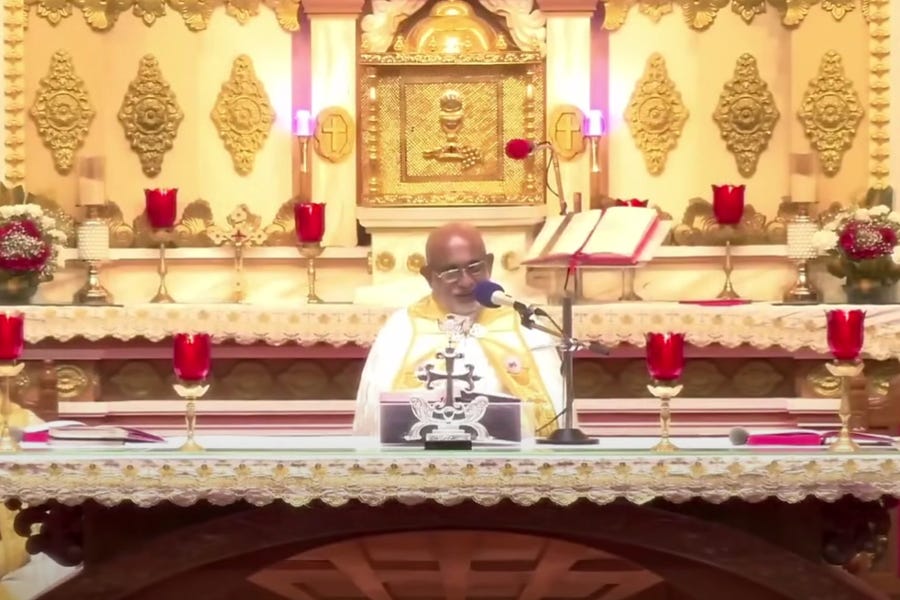Rocky start for Syro-Malabar leader as video surfaces
Major Archbishop Raphael Thattil’s remarks from 2022 caused offense among some Latin Catholics in India.
The new head of the Syro-Malabar Catholic Church has had a bumpy start after clergy snubbed his appeal to adopt a new uniform liturgy, and as controversial remarks he made two years ago surfaced online.

